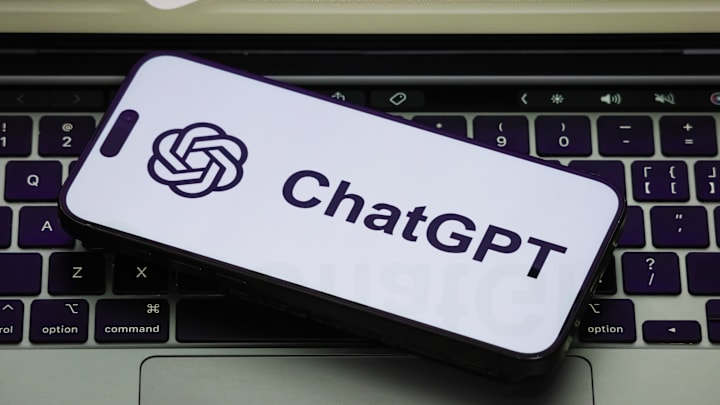How ChatGPT Has Changed the World of Marketing

The marketing world is no stranger to disruption, but the arrival of ChatGPT has introduced a shift that feels less like a ripple and more like a tidal wave. Since its release, OpenAI’s language model has upended traditional workflows, opened up novel creative avenues, and redefined the pace and personalization of marketing content. In many ways, ChatGPT has become both a tool and a teammate—changing not just how marketers do their jobs, but what those jobs even look like.
A Copywriter That Never Sleeps
At its core, marketing is about communication, and language is its primary tool. ChatGPT has transformed content creation into a near-instantaneous process. Need an email campaign tailored to dog lovers in Seattle? Or a blog post optimized for solar panel installations in Arizona? What once took hours of brainstorming, drafts, and revisions can now be prototyped in minutes. This doesn’t just speed up the process—it expands what’s possible. Marketers can test five angles instead of two, craft dozens of A/B subject lines in a flash, and maintain a consistent content calendar without burning out their team.
But this is more than automation. It’s creative collaboration. Many marketers now describe using ChatGPT as akin to bouncing ideas off a very fast, endlessly patient colleague. It’s become common to feed the model rough ideas, tone preferences, or bits of customer data and watch it spin out surprisingly viable content. Is it perfect? Not quite. But it’s often 80% of the way there—enough to dramatically cut down on creative lag.
From Mass Messaging to Mass Personalization
Personalization used to be a luxury. Now, it’s an expectation—and ChatGPT is helping marketers deliver on that promise at scale. Its natural language capabilities allow businesses to dynamically generate content that feels tailor-made for individual customers. Instead of sending the same product description to everyone, marketers can now adjust tone, vocabulary, and context depending on the audience.
Imagine an outdoor gear brand selling the same tent. One customer might get an email highlighting the tent’s ultralight design for solo backpackers. Another might see a write-up emphasizing its spaciousness and kid-friendly features. This degree of segmentation used to demand vast human resources and time. Now, it’s achievable with a few lines of prompt engineering and the right data inputs.
Training the Machines: SEO and Beyond
Search engine optimization is another arena where ChatGPT has flexed its muscles. Marketers can generate keyword-rich content, brainstorm long-tail keyword variations, and draft meta descriptions without the typical time drain. But beyond keyword stuffing, ChatGPT has nudged SEO toward more natural, user-focused content. Because it writes in conversational, human-like prose, it encourages marketers to do the same—meeting Google’s evolving standards for readability and user value.
There’s also been a noticeable change in how marketers approach content ideation. Many now use ChatGPT as a research assistant, asking it to summarize niche topics, propose article outlines, or even simulate how a customer persona might react to a new product. This blend of ideation, research, and creation in a single tool represents a seismic shift in content strategy.
Democratizing the Marketing Landscape
Perhaps the most revolutionary change is access. Before tools like ChatGPT, high-quality marketing required either deep expertise or significant budgets to hire those who had it. Now, a solo entrepreneur can write compelling ad copy, build out a full content strategy, and even generate chatbot scripts—all with the help of AI. This levels the playing field in profound ways, allowing smaller brands to compete in creativity and output with much larger players.
It’s also changing hiring. Many teams are no longer looking only for writers or designers—they want "prompt engineers," people who know how to get the best out of AI tools. The definition of marketing talent is shifting, and the door is opening wider.
The Road Ahead Looks Unrecognizable—in the Best Way
We’re still in the early days, but one thing is clear: marketing will never go back to the way it was before ChatGPT. It’s a strange, exhilarating new landscape where ideas come faster, personalization is limitless, and the line between human and machine creativity is delightfully blurry. What’s emerging is a more agile, inclusive, and experimental marketing world—and it’s just getting started.